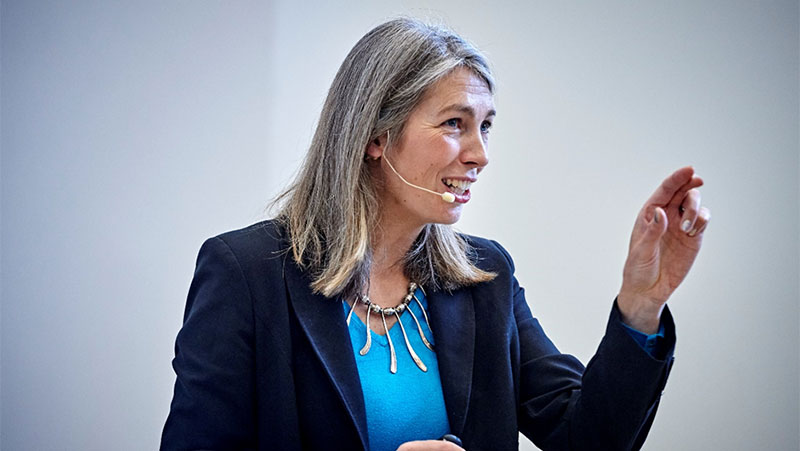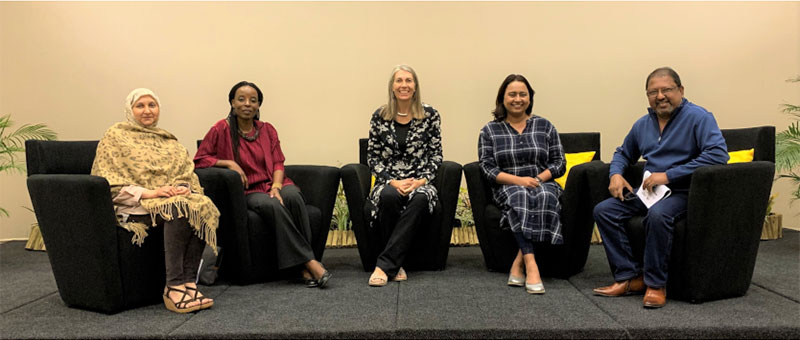Helen’s research is based on a simple, yet powerful idea: that undergraduate students and even school pupils can be researchers. Working with students, teachers, and higher education institutions, she has shown that following research-based learning strategies makes for a better learning and teaching experience. It also improves students’ confidence, professionalism and employability, and increases teachers and technicians’ pride in their work.
During her earliest investigations, Helen identified that providing students with opportunities to present and publish their work was a key element to the success of research-based learning strategies.
To this end, she established a public, annual, multidisciplinary undergraduate research conference at Oxford Brookes in 2008. She also launched Geoverse, the first national journal for undergraduate research in geography, in 2008. In 2015, she set up the first dedicated public undergraduate research repository, the Get Published! Student Research Collection.
Many higher education institutions across the UK and further afield have since been inspired to create their own student publication opportunities, with many also adopting the Get Published! model.


